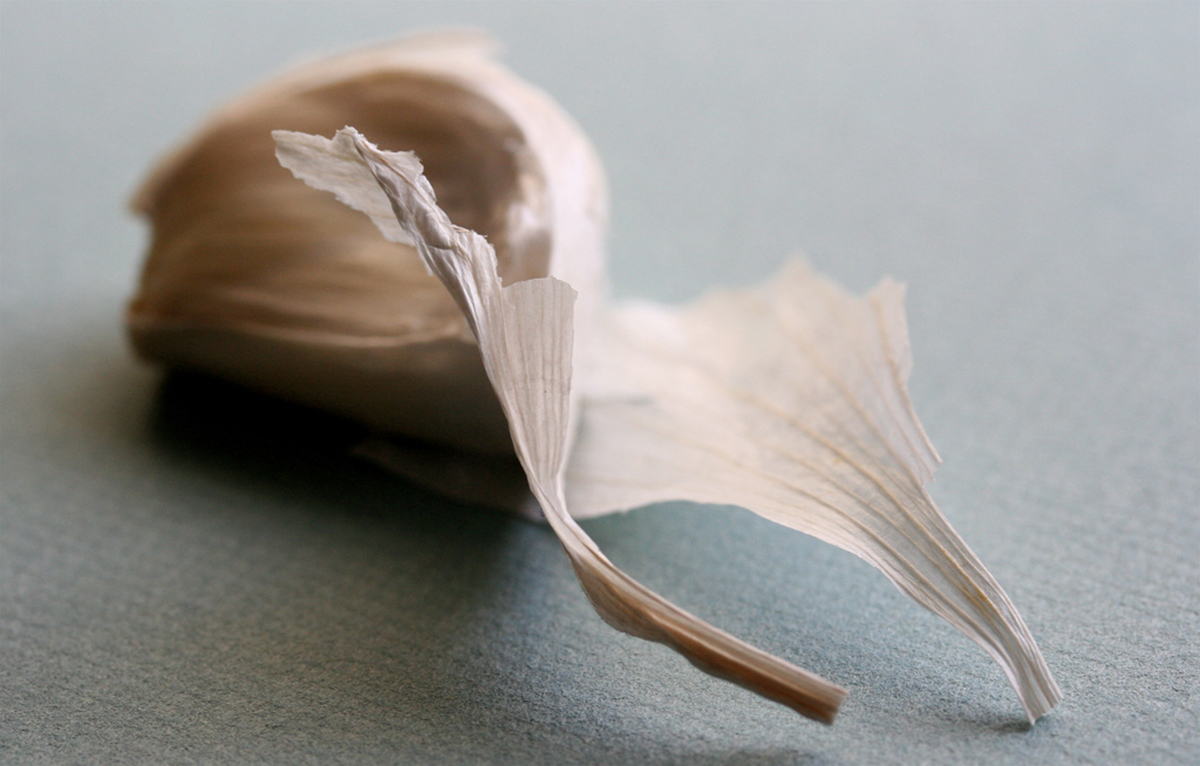Table of Contents
If you already know you have a tendency to get high blood pressure or already have hypertension, simple diet changes can help.

Beetroot
Within beetroot the active ingredient is nitrate and when we eat beetroot the bacteria that live in the mouth actually turn it into nitrite and this then becomes nitric oxide which is responsible for dilating the blood vessels (widening) which in turn lowers blood pressure.
Garlic
Within garlic one of the main ingredients is considered to be a chemical called allicin, and this is released when you cut up or crush garlic in your meals. This allicin is supposed to act on our kidneys causing them to change the levels of hormones in the body which in turn causes the blood vessels to widen and dilate.
Watermelon
The key ingredient her is called L-citruline and this also increases nitric oxide much like beetroot which can dilate the blood vessels, but also being made primarily of water it lowers the thickness of the blood allowing it travel more freely.
But don't just take my work for it, a study was completed by Dr Andy Webb of Kings College London to see the effects of eating these 3 foods over a period of time. Twenty eight volunteers with blood pressure over 130 ate the following - week 1 ate 2 gloves of garlic every day, week 2 ate 2 large slices of watermelon a day and week 3 ate 2 whole beetroots a day.
The results showed that there was a significant difference in blood pressure each week by 3-5mmol (measure of BP) from eating each of the foods. The biggest difference was seen from beetroot showing that adding this into your diet can naturally effect your pressure.
But be careful, you can have too much of a good thing.
Simply try adding beetroot to your salad once or twice a week and adding crushed garlic to a meal. Eat watermelon 3 times a week at least as part of your 5 a day. Steaming your vegetables is a great way to keep the nitrates locked in to get the most out of them.
There are other ways to lower your blood pressure through diet such as cutting down your salt intake - check your food packaging to see exactly how much it contains because you will be surprised. Cut down on your caffeine intake as well because this has been shown to increase blood pressure over a long period of time. Aim for 2-3 cups of coffee a day to be sure or switch to decaff.
See Also: Aerobic Exercise Lowers Blood Pressure In Hypertension Sufferers
Any fruit or vegetables that are high in nitrate will help to lower your BP - mainly because they dilate the blood vessels which allows the blood to travel more freely with less resistance.
- Photo courtesy of Flickr: www.flickr.com/photos/quinnanya/5645559731
- Photo courtesy of Muffet by Flickr: www.flickr.com/photos/calliope/349841785
- www.kcl.ac.uk
- www.bloodpressureuk.org.uk www.nhs.uk


Your thoughts on this